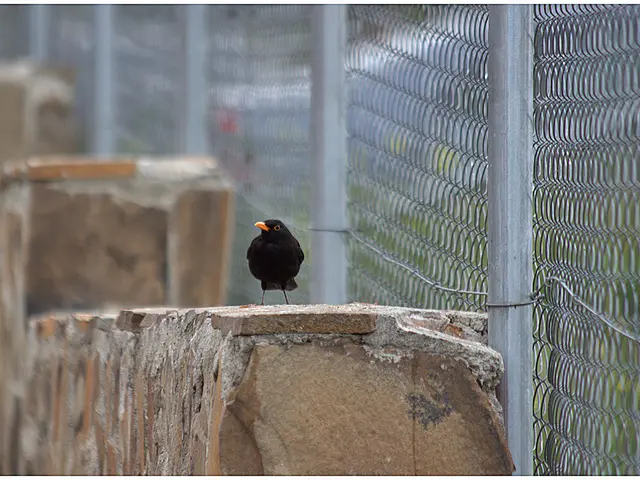Recognition of Indian Millet Standard at the 88th Codex Alimentarius Executive Committee Meeting held in Rome
In Rome, Italy, from July 14 to 18, 2025, the 88th session of the Executive Committee of the Codex Alimentarius Commission (CCEXEC88) was held, with India playing a significant role in shaping global food safety standards.
India, along with Mali, Nigeria, and Senegal, co-chaired the work on establishing standards for whole millet grains. This initiative, officially approved at the 47th Codex session in 2024, is a testament to India's commitment to improving food safety and standards in the region and beyond. The detailed terms of reference were finalized during the 11th session of the Codex Committee on Cereals, Pulses and Legumes in April 2025.
Beyond millets, India's influence extended to other food commodities as well. The delegation successfully secured the endorsement of international standards for fresh dates, which will be presented for formal approval during the 48th Codex Alimentarius Commission session in November 2025. Moreover, India will also serve as co-chair in the new work proposals for fresh turmeric and fresh broccoli.
The Indian delegation, comprising officials from the Ministry of Health and Family Welfare and the Food Safety and Standards Authority of India (FSSAI), emphasized the importance of a clear and effective monitoring framework for the Codex Strategic Plan 2026-2031. They recommended that monitoring indicators should be outcome-based, measurable, and carefully considered, highlighting the need for impactful evaluation methods in international food standard governance.
India's capacity-building programs for neighboring countries, including Bhutan, Nepal, Bangladesh, and Sri Lanka, have demonstrated a positive impact on their development in food safety and standards. In recognition of these efforts, the FAO has acknowledged India's contributions.
In a bid to foster collaboration and knowledge-sharing among member countries, India urged less active Codex member countries to use the Codex Trust Fund (CTF) for mentorship and twinning programs. The Indian delegation's advocacy for broader participation aims to encourage more countries to engage in the Codex Alimentarius Commission's activities.
The session was inaugurated by Godfrey Magwenzi and Dr. Jeremy Farrar, and attended by Dr. Allan Azegele, Chairperson of the Codex Alimentarius Commission, Sarah Cahill, Secretary of the Commission, and other elected representatives from member countries.
India's leadership in shaping global food safety standards is a significant step towards ensuring a safer and more secure food supply for millions of people around the world. By advocating for robust evaluation frameworks and encouraging capacity-building initiatives, India is demonstrating a commitment to continuous improvement and ensuring the successful implementation of Codex initiatives globally.
The Indian delegation's influence in food commodities expanded beyond millets, successfully securing international standards for fresh dates and also agreeing to co-chair new work proposals for fresh turmeric and fresh broccoli, demonstrating their commitment to the health-and-wellness sector. Recognizing India's efforts in improving food safety and standards, particularly in neighboring countries, the FAO has acknowledged their significant contributions in the field of science and lifestyle, including food-and-drink.




